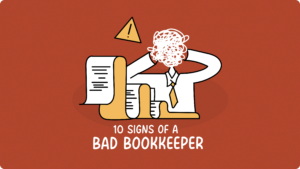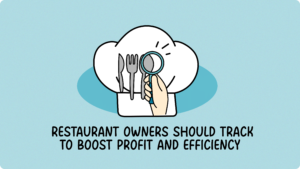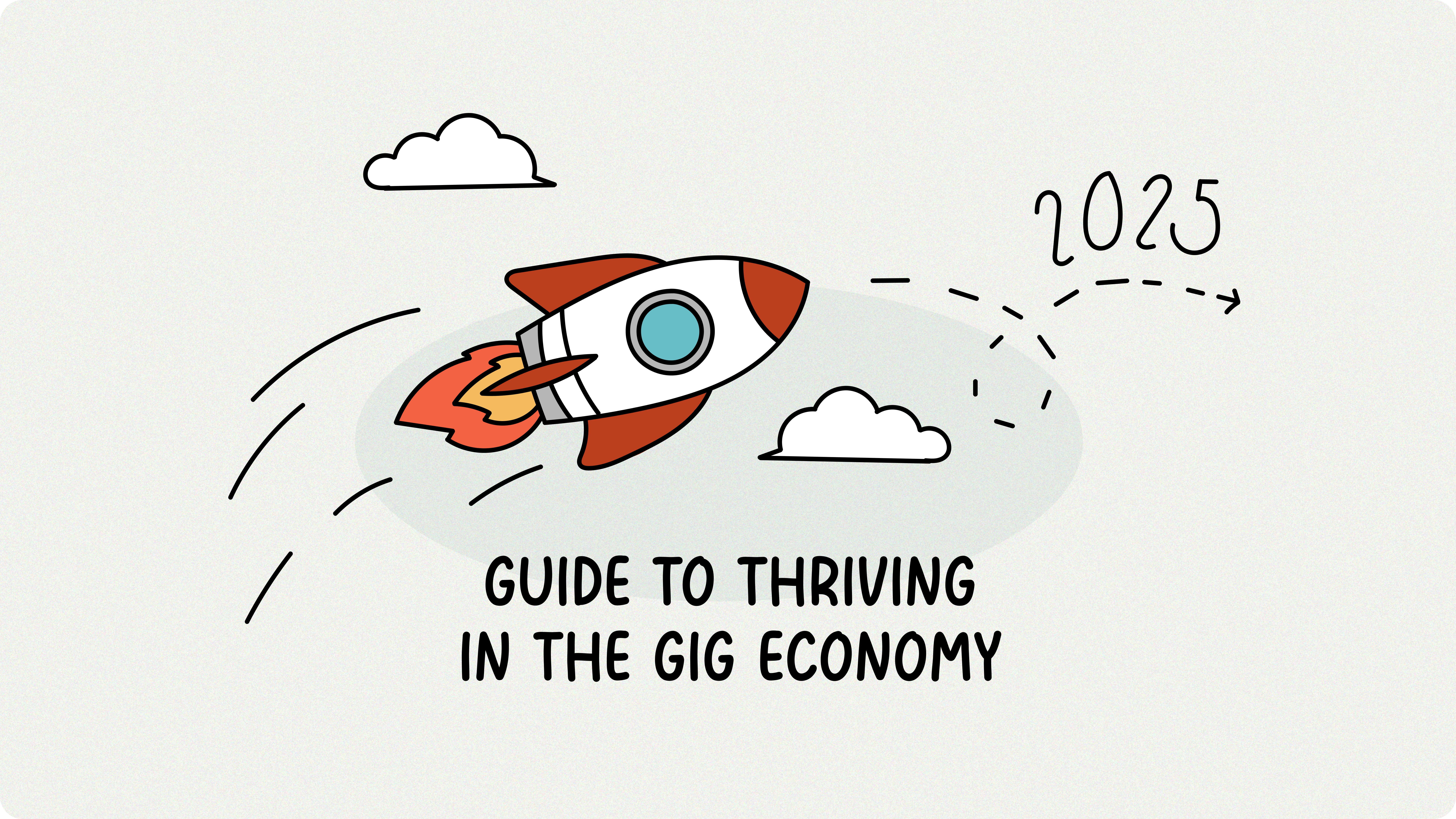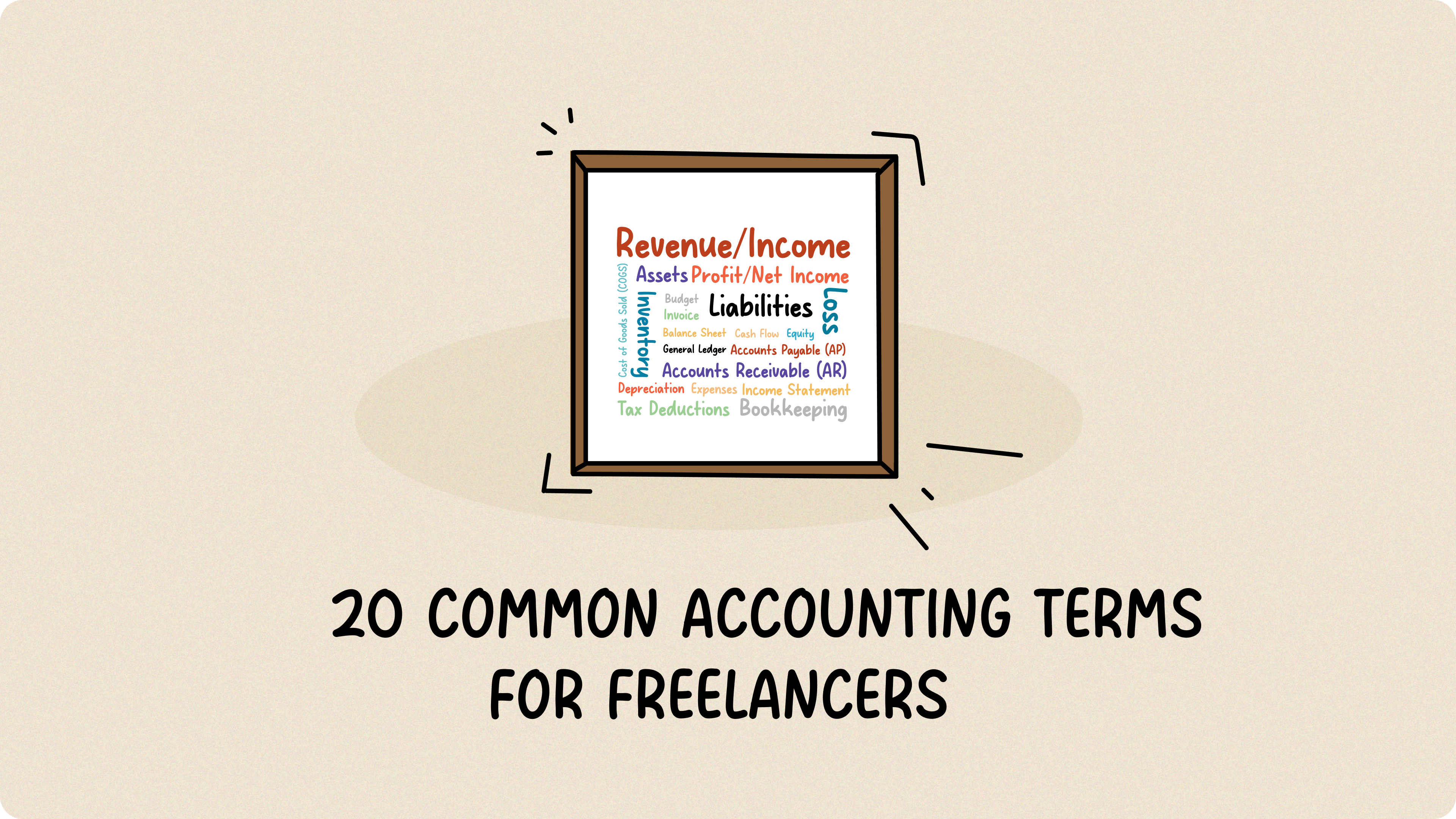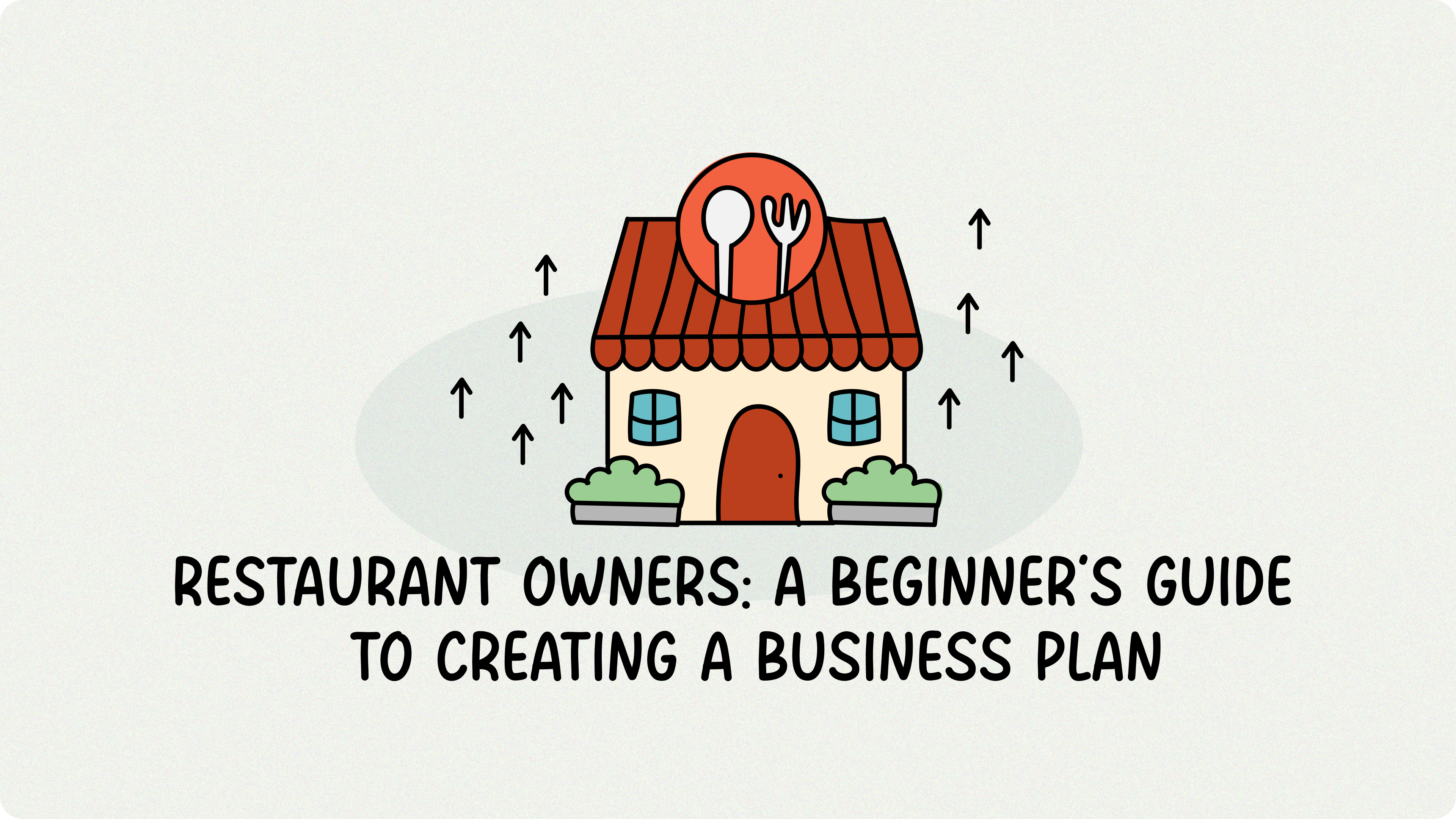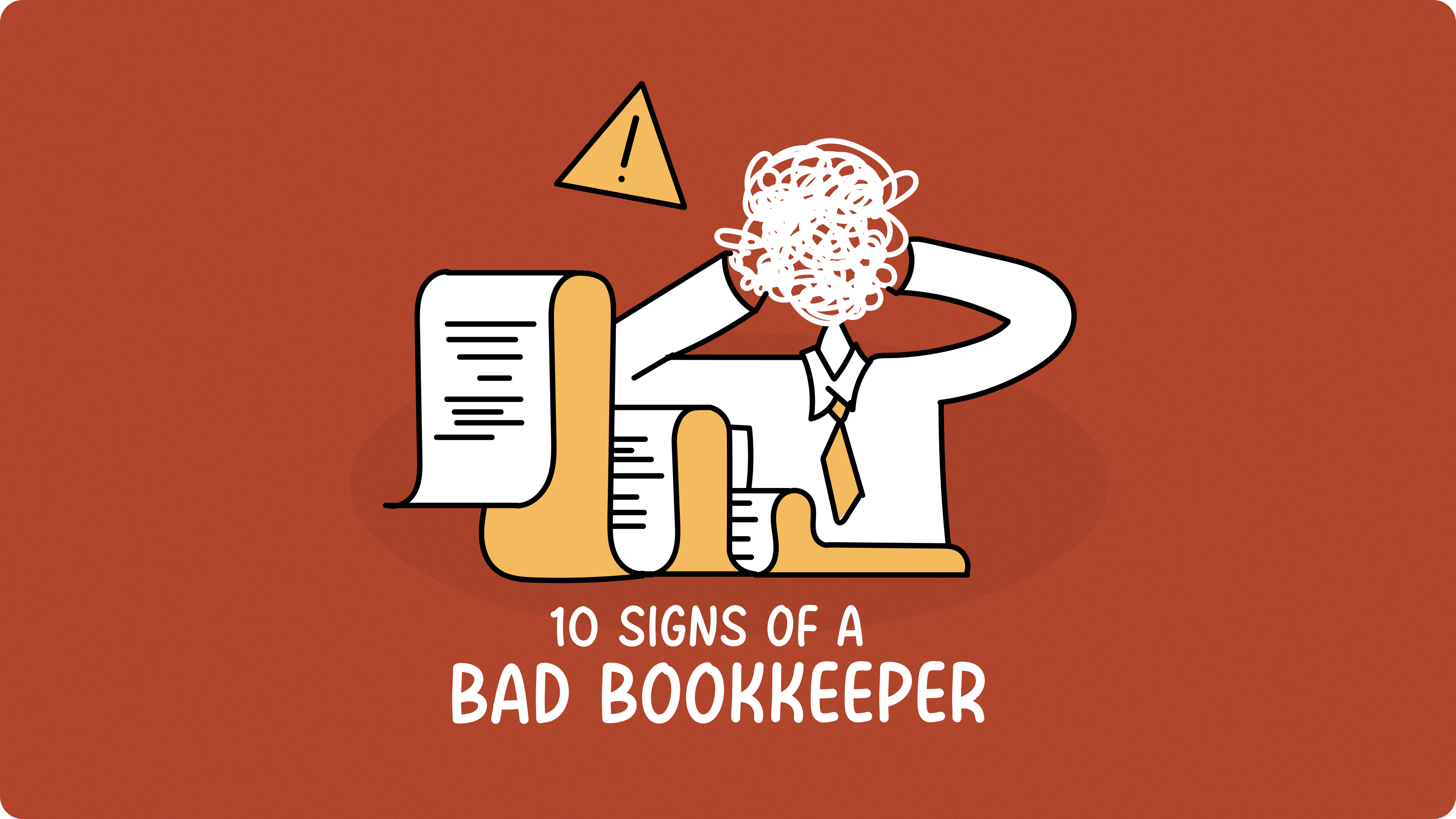The pandemic flipped the traditional 9-to-5 workday on its head, and freelancing is here to stay. More and more people are ditching the office for the flexibility and freedom of working from home. This article dives into the freelancing trend, explores the ups and downs, and gives you actionable tips to succeed.
Want to know if freelancing is right for you? In this article, we’ll explore the state of freelancing in the U.S., analyze the benefits and challenges, and share practical tips to help you make informed decisions.
Table of Contents
- The US Freelance Scene: A Quick Look
- The Freelance Challenge
- The Freelance Opportunity
- Tips for Freelance Success
- Useful Resources for Freelancers
The US Freelance Scene: A Quick Look
- The number of US freelancers has been steadily climbing since 2017, and it’s predicted to hit a whopping 90.1 million by 2028! (Source: Statista)
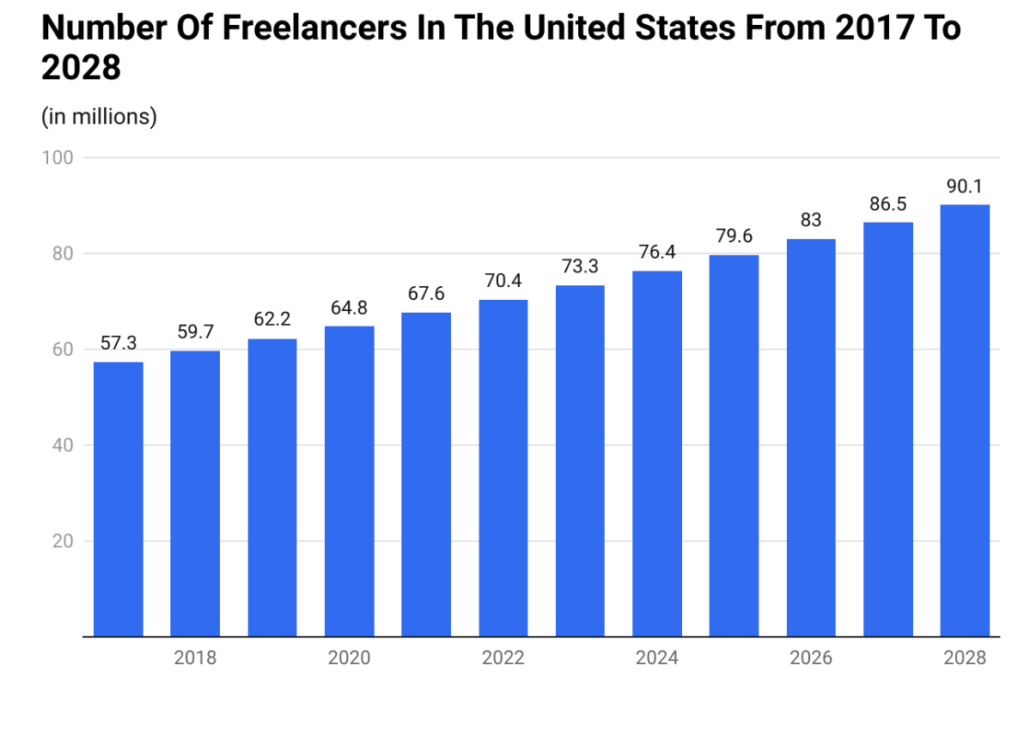
- Google’s workforce includes more freelancers than full-time workers (Source: Market.us Scoop)
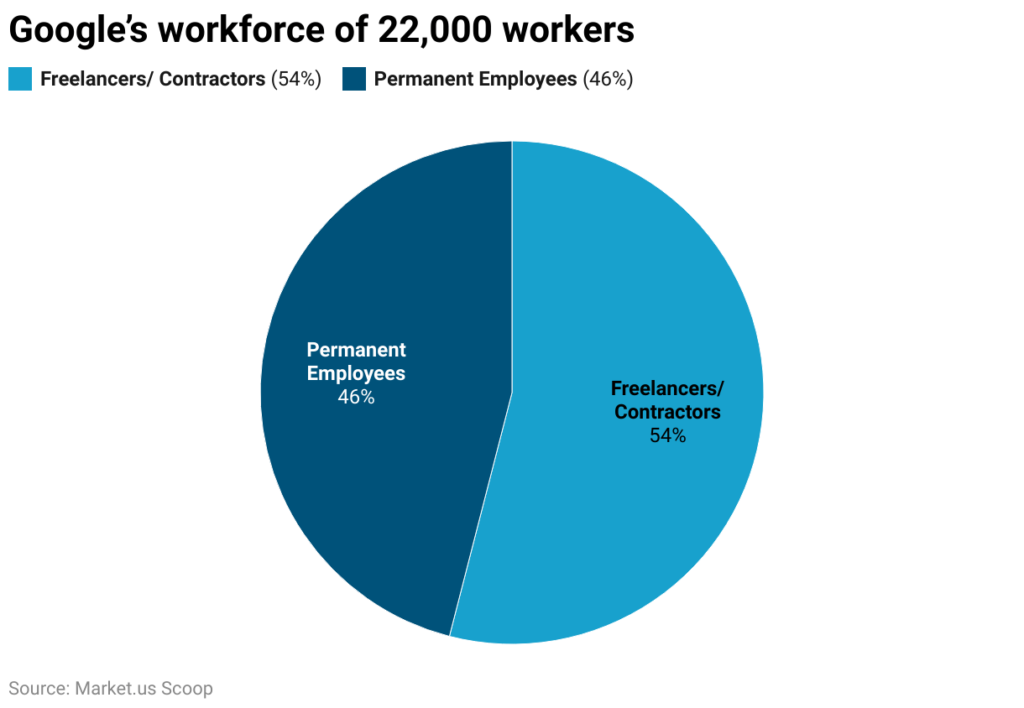
- Why companies hire freelancers? Businesses love freelancers for several reasons:
- Speed: Hiring freelancers is way faster than the lengthy process of recruiting, training, and managing full-time staff.
- Reduced risk: No long-term commitments! If a freelancer isn’t a good fit, companies can easily find someone else.
- Cost Savings: No benefits, paid time off, taxes, or office expenses to worry about.
- Global Talent Pool: Access to skilled professionals worldwide without geographical limitations.
- Why workers choose to freelance? Freelancing offers some sweet perks:
- Flexible: Set your own hours, work from anywhere!
- Control over work: You’re the boss – set your rates, choose your projects, and own your career.
- Better Work-Life Balance: More time for personal interests and hobbies.
- Higher Earning Potential: Specialized skills command premium rates.
- According to FlexJobs, 51% of freelancers report better work-life balance compared to traditional employment.
- The most in-demand freelance skills include: (Source: FreeUp)
- Digital Marketing & SEO
- Graphic Design & UI/UX
- Web Development & Programming
- Copywriting & Content Creation
- Social Media Management
- Data Analysis & CRM Management
- Virtual Assistance
- Video Editing and Production
- Project Management
- Translation Services
- What can you earn? Here’s a look at average hourly rates and equivalent annual salaries for some popular freelance gigs, based on 70% billable hours per week. (Source: CNBC)
| Service Offered | Hourly Rate Range | Equivalent Annual Salary |
| Web Development | $50-60 | $69,000 |
| Mobile Development | $55-65 | $75,000 |
| Graphic Design | $40-45 | $53,000 |
| Content Editor | $25-35 | $38,000 |
| Copywriter | $30-40 | $44,000 |
| Programmer | $60-70 | $81,000 |
| Online Marketing/SEO | $40-50 | $56,000 |
| CRM Management | $50-60 | $69,000 |
| Data Analysis | $55-65 | $75,000 |
- How Freelancers Find Work (Source: SolidGigs)
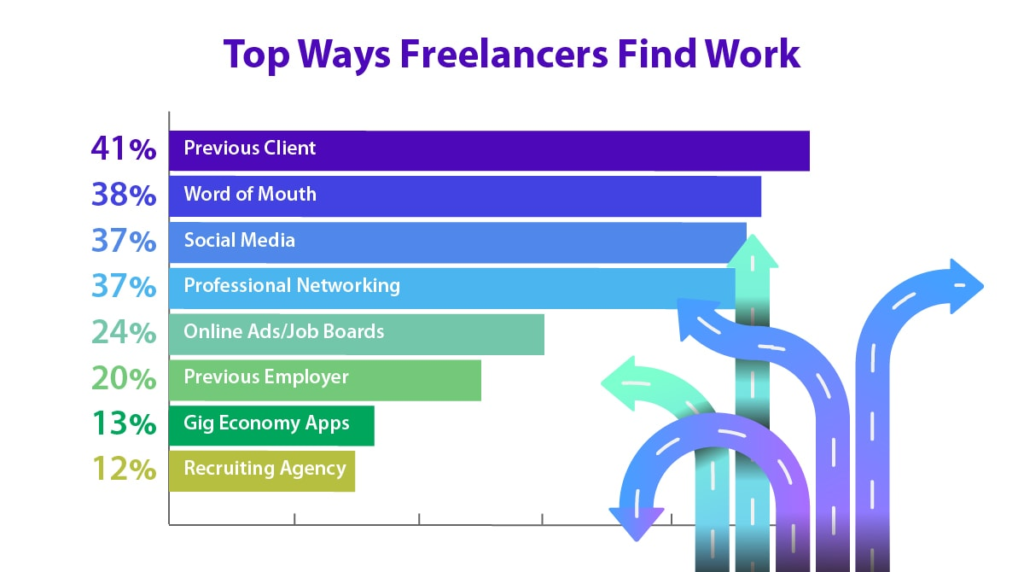
- Largest Freelance Platform:
- Freelancer.com
- Upwork
- Fiverr
- Flexjobs
The Freelance Challenge
Freelancing offers incredible freedom, but it’s not always sunshine and rainbows. Here are some of the hurdles you’ll likely encounter:
- Income Fluctuations & Job Security: The feast-or-famine cycle is a real struggle. Income can be unpredictable, making budgeting and financial planning crucial. Job security is non-existent; you’re constantly seeking new projects. This requires strong client retention strategies and proactive marketing.
- Late Payments & Non-Payment: Chasing invoices is a common frustration. Some clients may delay payment, while others might not pay at all. This necessitates clear contracts, upfront deposits, and a robust system for following up on outstanding invoices.
- Global Competition: The freelance marketplace is global, meaning you’re competing with freelancers from all over the world. Some may offer lower rates due to lower cost of living, increasing competition for US-based workers.
- Administrative Overload: You’re running a business! Invoicing, taxes (estimated taxes, self-employment tax), record-keeping, client communication, marketing – it’s all on your plate. This can be overwhelming, especially when you’re also trying to do the actual work.
- Self-Discipline & Time Management: Being your own boss sounds great, but it requires massive self-discipline. Procrastination is a real threat. You need to be highly organized, manage your time effectively, and set boundaries to avoid burnout.
- Lack of Benefits: No employer-sponsored health insurance, retirement plan, paid time off, or other benefits. You have to budget for these yourself, which can be a significant expense.
The Freelance Opportunity
Despite the challenges, freelancing offers incredible potential. Here are some of the exciting opportunities available:
- Higher Pay for Specialized Skills: Become an expert in a niche area (e.g., AI prompt engineering, UX writing for SaaS products, sustainable fashion consulting), and you can command premium rates. Specialization allows you to target a specific audience and position yourself as a go-to expert.
- Growth of Freelancer Unions & Communities: Organizations like Freelancers Union are advocating for freelancers’ rights and providing access to resources like affordable health insurance, networking events,
and educational workshops. These communities offer support, connection, and a sense of belonging.
- Global Reach & Remote Work Revolution: The rise of remote work has opened up a world of possibilities. You can work with clients anywhere in the world, expanding your market and accessing diverse projects.
- Diversified Income Streams: Don’t rely on just one client or service. Diversify your income by offering multiple services, creating and selling digital products (e.g., templates, ebooks, courses), or pursuing multiple freelance gigs simultaneously. This reduces risk and creates more financial stability.
- Flexibility & Autonomy: You’re the boss! Set your own hours, work from where you want, and choose projects that interest you. This allows for a better work-life balance and the ability to design a career that fits your lifestyle.
- Following Your Passion: Freelancing allows you to pursue work that aligns with your interests and passions. This can lead to greater job satisfaction and a more fulfilling career.
Tips for Freelance Success
- Become a Hybrid Freelancer
Clients value freelancers who wear multiple hats, possessing a combination of technical skills and soft skills. Learning complementary skills significantly increases your value to the marketplace, and consequently, your income. For example, a web developer who also excels at client communication and project management is far more attractive to clients than a purely technical coder. Research in-demand skill combinations, invest in online courses or workshops to acquire these skills, and practice applying them in real projects. Showcase your versatility on your website and profiles.
- Build a Killer Brand
A strong personal brand is essential for freelance success, but it’s not a one-day job; it requires consistent effort and hard work. It’s how you communicate your unique value and differentiate yourself in a competitive market. Define your niche—what are you an expert in? What makes you different? Create a professional website showcasing your portfolio and personality. Be active on relevant social media platforms, sharing valuable content and engaging with your target audience. Network strategically, both online and in person, to connect with potential clients. Building a powerful brand takes time and dedication, but the payoff is huge. For more branding tips, check out our blog post, “How to Build a Personal Brand as a Freelance Makeup Artist.” The branding principles apply to all freelancers!
- Know Your Worth
Pricing freelance services requires balance. It’s easy to fall into the trap of undervaluing yourself when you have less experience. Research what others charge, but don’t undervalue yourself. Consider all your business expenses—software, equipment, marketing, and often-overlooked costs like self-employment taxes and benefits. Experience matters: seasoned pros can charge more. Be prepared to negotiate, but know your bottom line. Don’t be afraid to walk away from projects that don’t compensate you fairly for your time, skills, and the value you provide. Your expertise is valuable, and you deserve to be paid accordingly.
- Master Client Communication
Good communication is key for freelancers. Be responsive and professional when clients reach out. Keep things clear and simple and avoid no jargon. Make sure everyone’s on the same page from the start about what needs to be done, when it’s due, and what it costs. Give regular updates so clients know how things are going. If you see a potential problem, speak up early. And always listen to what clients have to say and address any concerns they have. Happy clients mean more work!
- Stay Legal and Tax-Savvy and Avoid Costly Mistakes
As a freelancer, understanding your independent contractor status is crucial. You’re responsible for paying estimated taxes quarterly to avoid penalties. Keep detailed records of all business expenses, as many are deductible. Be aware of state-specific regulations regarding taxes, licenses, and other legal requirements. Use clear, comprehensive contracts with clients to protect your interests and ensure smooth transactions. Don’t hesitate to consult a tax advisor or lawyer specializing in freelance businesses for personalized guidance and to navigate complex legal and tax matters. This investment can save you time, stress, and money in the long run.
Useful Resources for Freelancers
- Upwork: Their Gig Economy Statistics and Market Takeaways is a valuable resource.
- Freelancers Union: They often publish reports and data on the freelance market.
- US Bureau of Labor Statistics (BLS): Provides data on employment trends, including contingent workers.
- Federal Reserve: For information on the US economy and monetary policy.
- Reputable Financial News Outlets: Wall Street Journal, Bloomberg, Reuters, etc.
- IRS (Self-employed individuals tax center): For tax information specific to US freelancers.
- SBA (Small Business Administration): Offers resources and information for small businesses, including freelancers.
- Industry-Specific Publications: Look for reports and articles related to the freelance sectors you’re covering (e.g., tech, healthcare, creative).’
Ready to jump into freelancing and keep your finances organized? Schedule a call with our experts to simplify your accounting!


